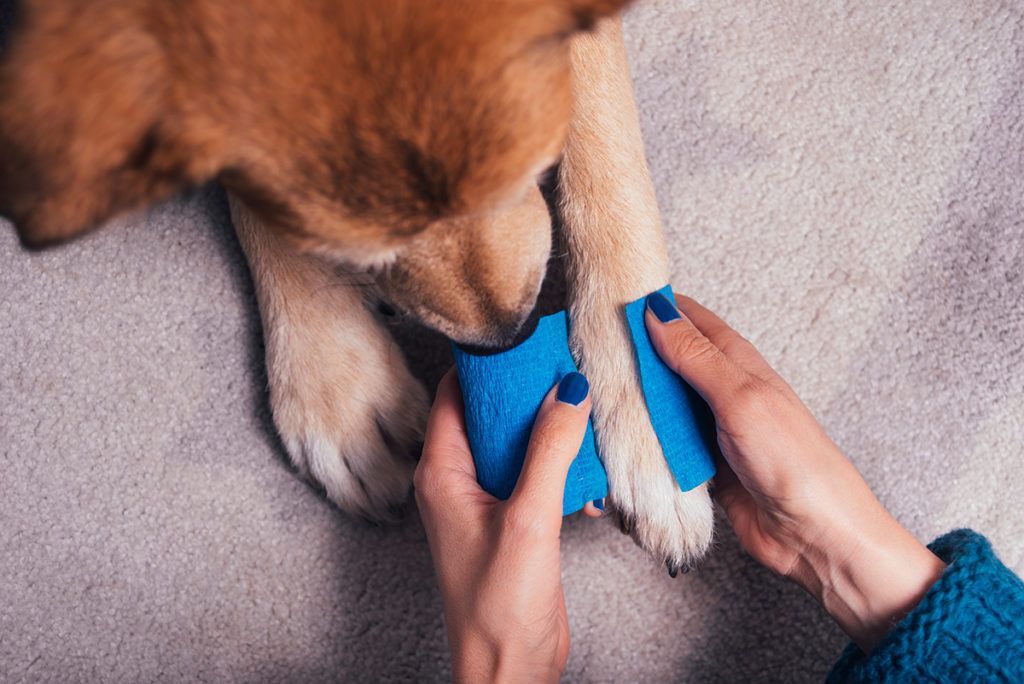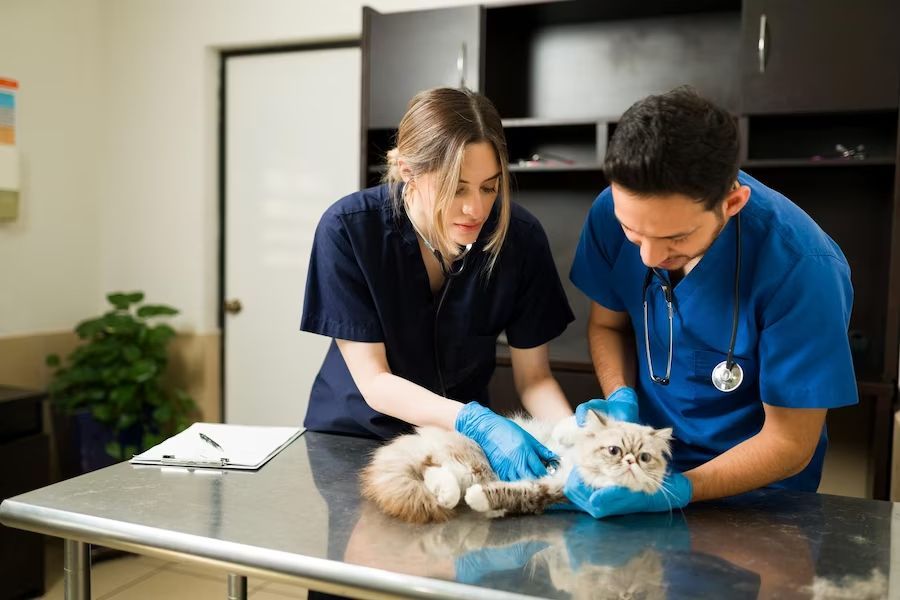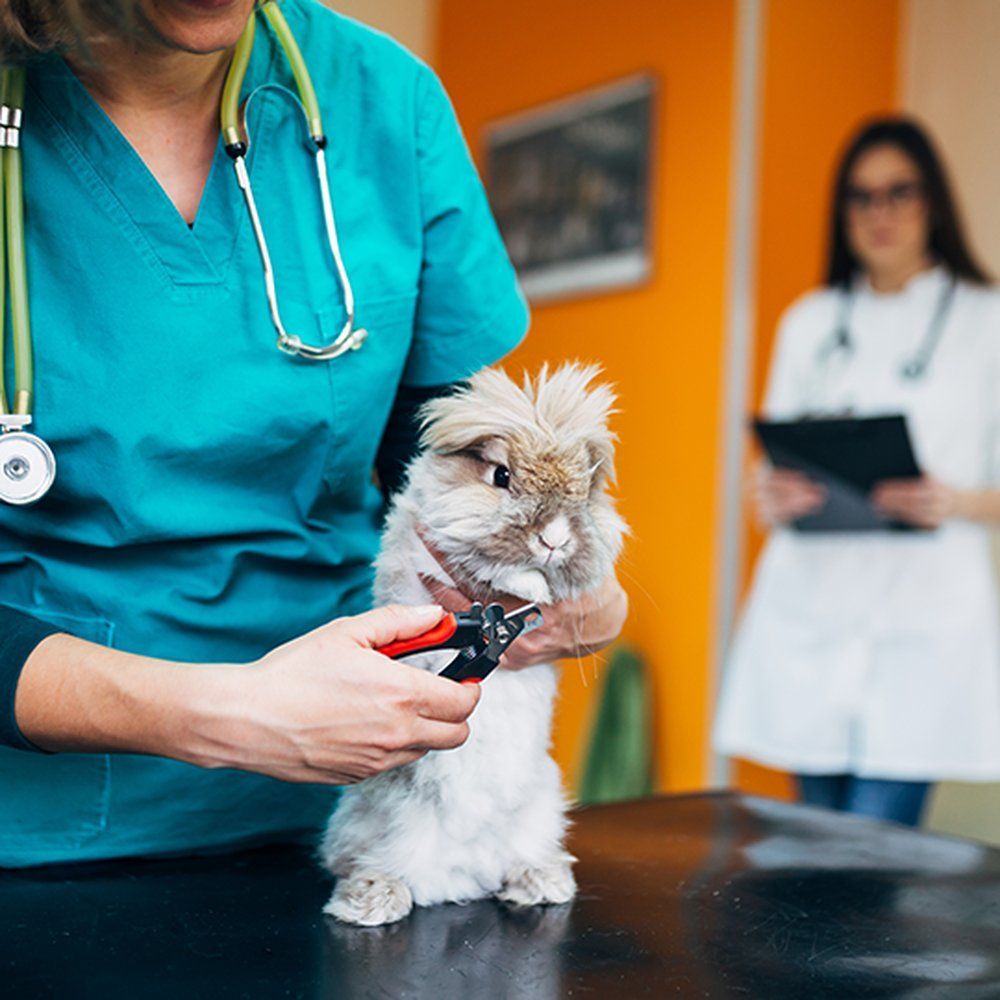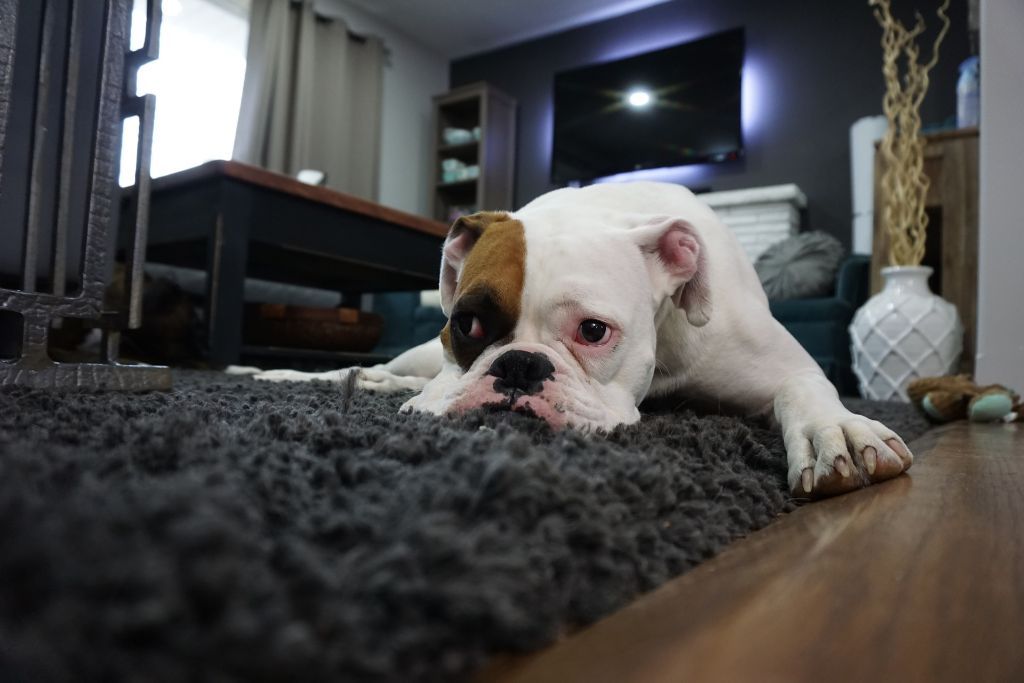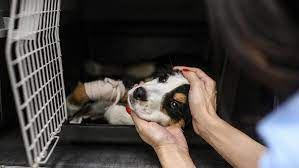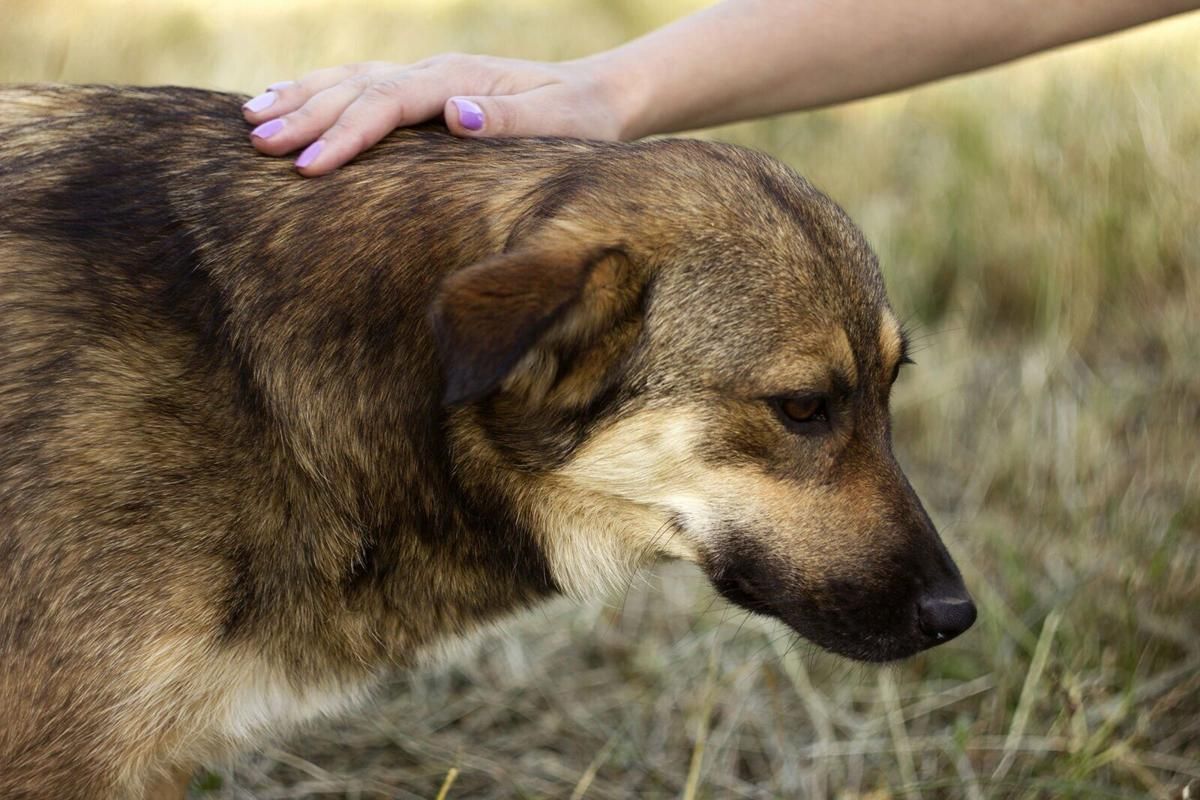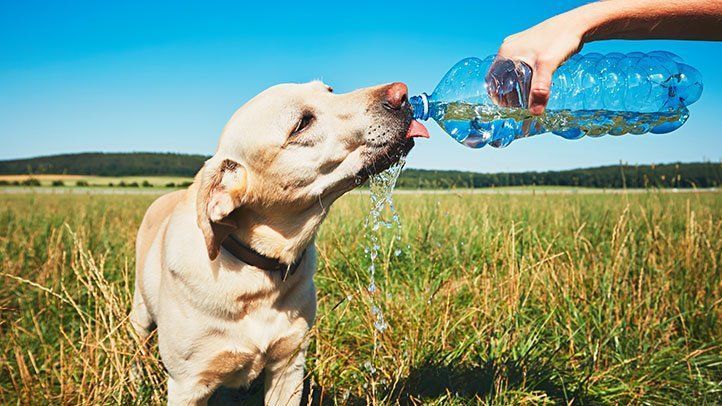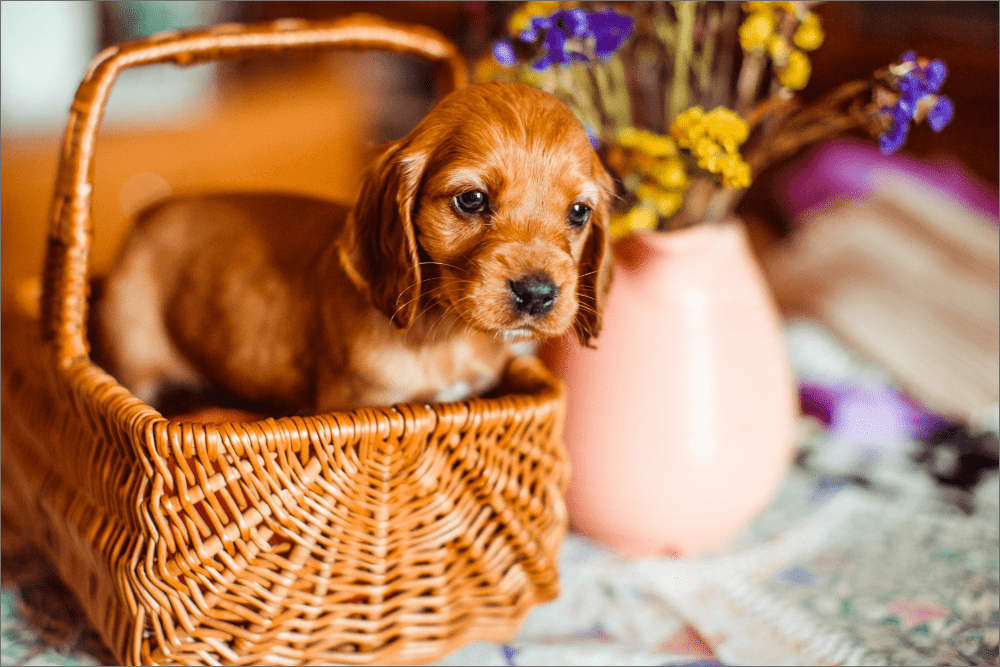My Cat’s Not Eating Much but is Acting Normal, What’s Going On?
Has your cat been avoiding her food dish more often than not recently? Is she behaving completely normally otherwise? What does this mean, and is it something that should worry you?
There are many potential reasons why a cat may go off of her food for a while. In this article, we’ll explore some of the possible causes of cats not eating but still acting normally. While many of these causes are mild to moderate, a few are severe and do require a trip to the vet for assistance. Read on to learn more and narrow down what may be going on with your feline friend.
Mild Causes
Listed below are the mild causes of why your cat isn’t eating their food:
Disliking the Food
The most common cause of a cat losing interest in food but acting normally otherwise is simply that she doesn’t like the food. If it is new food or if she has been eating the same food for a long time, she may decide to be picky about what she eats. This is normal—but it can be frustrating!
Nausea From Vaccinations
Following vaccinations, many cats experience nausea for a day or two. This is normal and should resolve within 48 hours. If your cat’s nausea or loss of appetite continue longer than 48 hours after her vaccinations, talk to your vet, as she may have a rare bad reaction to her shots.
Respiratory Infection or Allergies
Cats, just like humans, are less likely to want to eat when they can’t smell their food, so a stuffy nose can contribute to loss of appetite. Take your cat to the vet if she shows any symptoms of illness, including a fever , lethargy, runny nose, or watery eyes.
High Outdoor Temperatures
Sometimes, if it is very hot outside, cats may lose interest in eating due to these high temperatures. This problem can affect indoor and outdoor cats alike, but it should resolve itself over a short period of time.
Moderate Causes
Listed below are the moderate causes of why your cat isn’t eating:
Dental Disease
Cats who have mild, moderate, or severe dental disease may act normally until it’s time to eat. Then, they may suddenly lose interest in food, especially if they are only given dry food. Cats with dental disease may prefer to eat wet food. Talk to your vet about dental treatments and cleaning for your cat.
Stomach and Digestive Illness
Stomach and digestive illness such as bacterial infections, viruses, and inflammation disorders can all cause a cat to stop eating. If these illnesses are not very serious, however, your cat may not show other signs and may continue acting normally despite being sick.
Pain
Pain can cause cats to stop eating fairly quickly. Although pain itself may be a moderate cause of this symptom, keep in mind that pain is a symptom, too. You should work with a vet to determine what is causing your cat’s pain and what can be done to help.
Stress and Anxiety
Stress and anxiety may cause your cat to stop eating. If your cat is anxious or stressed in specific instances, you may be able to just wait for her to go back on her food again. If she is often very afraid, however, she may need medication to regulate the problem.
Medication Side Effects
Cats who are taking medications either short-term or long-term may suffer from nausea and an upset stomach as a side effect. If your cat’s medication is short-term, it may be best to just ride out this problem. If it is long-term, however, you can talk to your vet for other options.
Severe Causes
Listed below are severe causes and these would require a trip to the emergency vet.
Cancer
Cancer is not uncommon in cats, unfortunately. Cats who appear to be very sick and also lose interest in their food may be suffering from one of many different kinds of cancer. However, if your cat is behaving normally other than her disinterest in food, chances are good she is not dealing with cancer—although you can certainly take her to the vet to rule out this risk, regardless.
Kidney, Heart, and Liver Disease
Cats who have diagnosed kidney, heart, or liver disease and are on medication to manage the symptoms may lose interest in food. This lack of interest in eating may be a symptom of the illness but may not cause your cat to appear unwell otherwise if she is already on medication.
Contact 24/7 Local Veterinarian if You Have Concerns About Your Cat Not Eating
As you can see, most of the potential causes of cats not eating but acting normal otherwise are nothing too serious. Many cats can recover completely from whatever is causing this problem and get back to eating their food soon. Even if your cat does need some help from the vet to recover, most of these problems are easy for cats to bounce back from.
In more severe cases, however, it is always important to work with your regular vet as well as a high-quality emergency vet for your cat’s health needs. Contact 24/7 Local Veterinarian if you are concerned about your cat not eating. We have locations all over the country with emergency vets who are available 24/7 to help you and your pet. When you come to 24/7 Local Veterinarian, our team will get to the cause of why your cat isn’t eating and you can rest assured that your pet will get the proper care they need.
Contact with your local vet for the best advise
Resource Center
